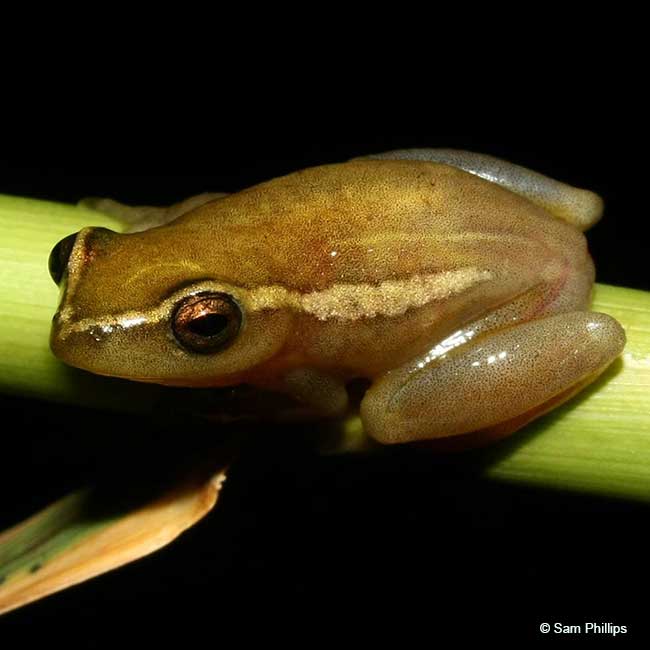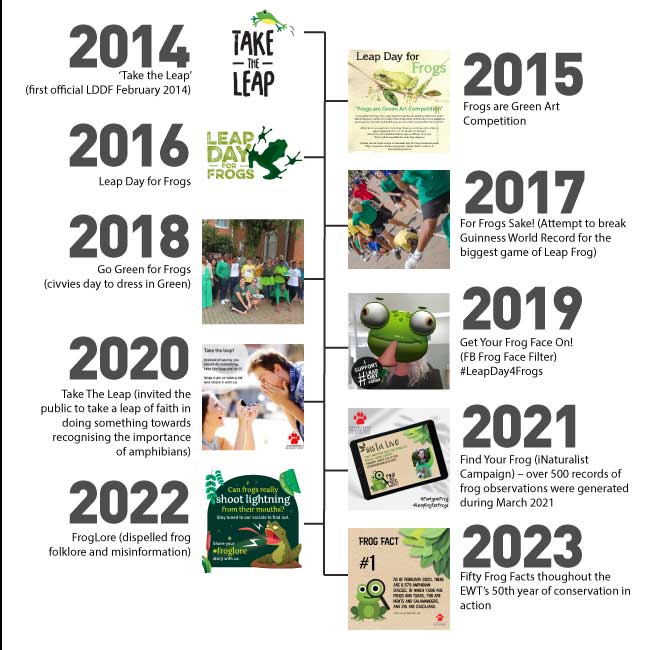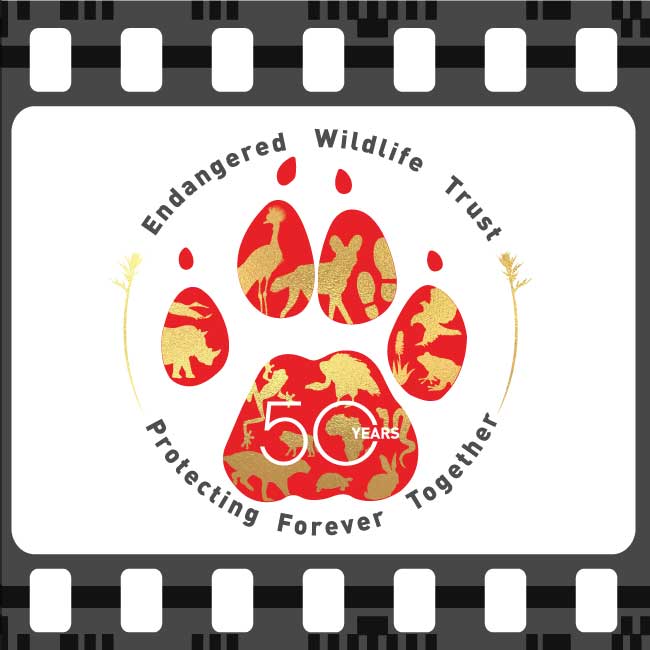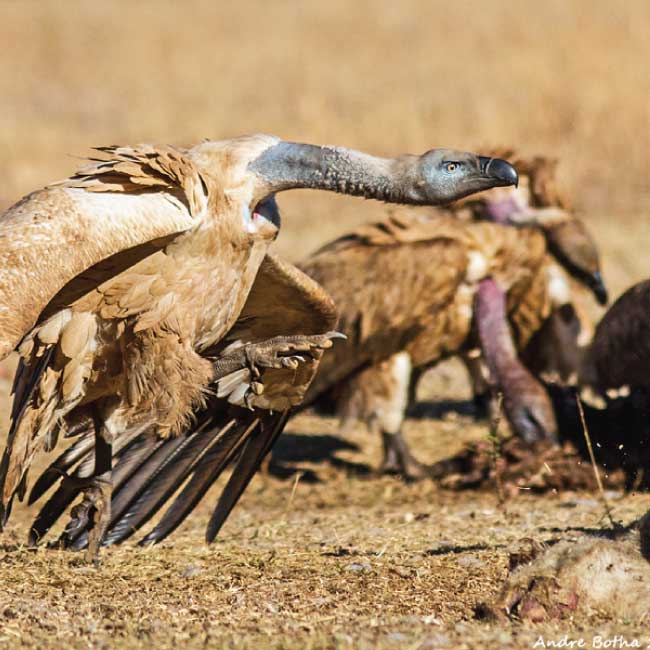
Raptors and human health
The connection between raptors and human well-being
Danielle du Toit & Dr Lindy Thompson, the EWT’s Birds of Prey Programme
In celebration of World Health Day on 7 April, we acknowledged the important role raptors (predatory birds that hunt other animals or feed on carrion) play in supporting humans and our well-being.
- Ecosystem Services
When feeding, vultures clean carcasses and reduce the spread of diseases such as anthrax and botulism. After the Asian Vulture Crisis in the late 1990s, widespread accidental poisoning caused vulture populations in India to plummet by over 90%. The loss of vultures left more food available for other scavengers, such as feral dogs, which increased in numbers, and in turn, so too did cases of rabies. Economists estimated the healthcare costs to the Indian government at US$296 million over 13 years. This study is one of a handful that tried to put a monetary value on the ecosystem services that vultures provide and the importance of their role in maintaining environmental health.
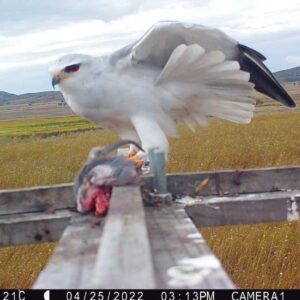
Owls and eagles provide free pest control services by hunting rodents and other species that can negatively impact human health. Barn Owls with chicks in the nest have been reported to catch up to 30 rodents in one night. Many farmers have acknowledged the importance of Verreaux’s Eagles because these birds effectively control Rock Hyrax populations, which, unchecked, could result in significant losses in crop yields.
Results of blood tests from raptors can also be used to indicate the health of an ecosystem. Recent studies in South Africa by Dr Linda van den Heever and colleagues highlighted the problem of lead poisoning in vultures and how high levels of lead in vultures’ blood most likely result from fragments of lead bullets in the carcasses the birds are eating. These microscopic lead fragments can also be found in venison eaten by people (if those carcasses were shot using lead bullets), so both vultures and people, among others, are susceptible to the same preventable health issue of lead poisoning from lead ammunition. Lead poisoning, such as that consumed from similar sources, resulted in nearly a million lives being lost in 2019 and is the cause of 30% of global intellectual disabilities in humans.
- Cultural Importance
For hundreds, if not thousands of years, raptors have been symbolic in different cultures worldwide. For example, the ancient Egyptian god Horus had the body of a man and the head of a falcon; the Romans believed that eagles represented power and strength, and humans in neolithic times used feathers and bones for ornamental, ceremonial, and functional purposes. Falconry, a hunting method using birds of prey, has been around for about 5,000 years, first known to have been practised by Mongolians. In South Africa, vulture body parts are used in traditional medicine.
Landowners in the Karoo region of South Africa approached the Endangered Wildlife Trust to assist in bringing Cape Vultures back to the area where they have been regionally extinct since the mid-1980s. Many of these farmers sink into nostalgia when remembering their childhoods filled with memories of being in the veld with vultures soaring above them. In the ‘Farmers for Vultures’ video, farmers spoke of spying on vulture nests, and others recalled how they would lie dead still in the middle of the veld in hopes that vultures would circle them. These stories show that these birds’ very existence is essential in the cultures of many people and for their well-being. Not only do these farmers love reminiscing about their younger days, but they live in the hope that one day, vultures will soar across the Karoo skies once again.
Raptors are also crucial to the tourism sector. The Kruger National Park offers tourists the opportunity to see vultures and their feeding behaviour up close. Golden Gate National Park hosts one of the few Bearded Vulture populations and feeding sites, and Cape Vulture colonies across the country have been tourist destinations for decades.
- Raptor conservation is directly beneficial to human well-being
We know that losing vultures across a landscape can cause significant negative impacts on the physical health of humans. By adjusting our practices and using lead-free ammunition, we will reduce the threat of lead poisoning in raptors and potentially similar threats to humans. By practising responsible carcass management to limit the contamination of the environment by chemicals or veterinary medicines, we are providing safe spaces for vultures to perform their ecosystem services. By moving away from using rodenticides and allowing owls and eagles to do natural pest control, we reduce the chances of being affected by the same poisons.
Conservation of species is not only based on their importance to the health of an ecosystem or the services they provide but is often rooted in ensuring physical, mental, and emotional aspects of human well-being. By tackling threats to raptors and investing resources and time into caring for the health of these species and other wildlife, we protect our fellow species and invariably make the environment safer and healthier for people.
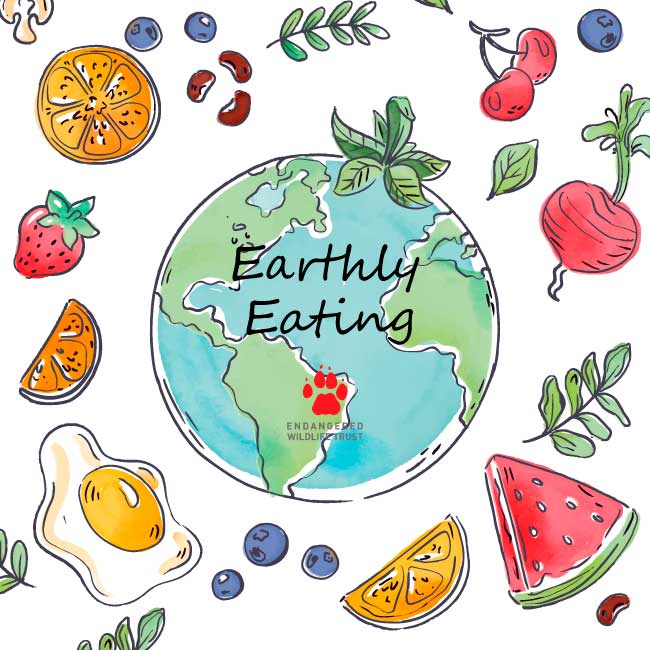

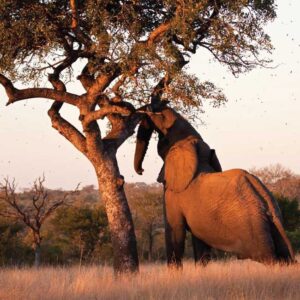
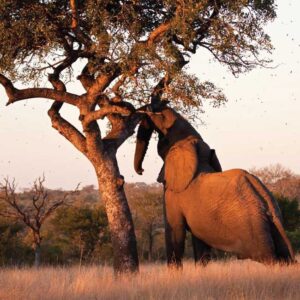 Yolan Friedmann
Yolan Friedmann